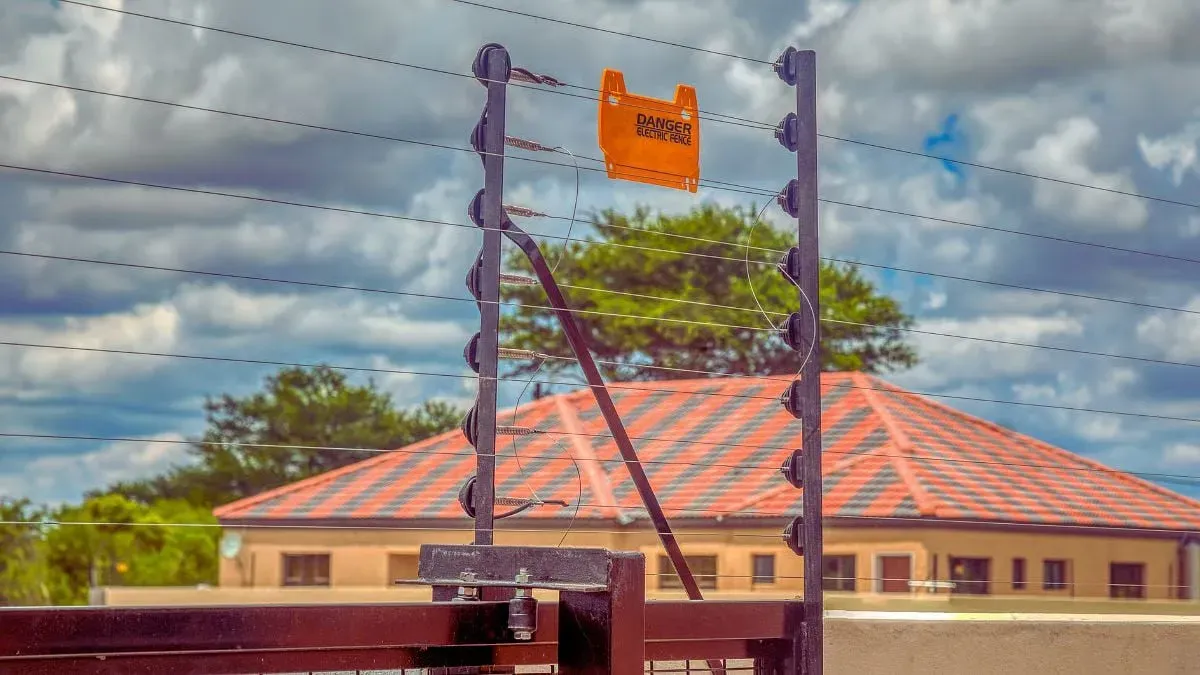7 business insurance myths South African SMEs should debunk
In our current struggling economy, businesses are looking to cut costs wherever they can in order to preserve their profits – or even just to stay in operation. If you’re a business owner, you may also be looking to cut expenses that aren’t the absolute essentials, like salaries and rent. More often than not, one of these perceived “non-essential” expenses is business insurance: according to a KPMG insurance survey from July 2023, only 50% of South African businesses have commercial insurance.
“The irony, though, is that a business may face even more risks than a larger corporation,” says Jaco Erasmus, Director of Insurance at Cornerstone Financial Services Group. “In addition, the financial strain of recovering from an unexpected event can be far more significant if your business has limited financial resources.” We asked Jaco to dispel some other common myths when it comes to business insurance for small or medium-sized businesses.
Myth: I don’t need business insurance.
Truth: Running a business means balancing business growth while also maintaining a healthy cash flow. While business insurance may feel like an unnecessary expense, if you don’t have it, recovering from events such as theft, equipment damage, and liability claims could severely impact your bottom line — so having enough coverage is crucial.
Myth: Business insurance is expensive.
Truth: While a business insurance policy means paying a monthly premium, over the long term this monthly expense is far more manageable than the huge potential financial outlay involved in recovering from an unexpected event. Business insurance can also be highly customised, so cover can be adjusted to suit your budget given your other business expenses.
Myth: I’m covered by home insurance if I work from home.
Truth: If you have a business that operates from your home, your existing home insurance policy may not cover you for specific business risks such as third-party claims or damage to electronic equipment. Home insurance policies also won’t typically cover business interruption in the case of a theft or flood, or a third-party claim should a client injure themselves on your premises.
Myth: General liability covers all the risks your business may face.
Truth: While general liability insurance protects your business against third-party claims, it doesn’t cover risks like professional errors, employee injuries, or cyber-attacks. Additional coverage, such as cyber insurance or professional indemnity insurance, may be necessary where your business may be especially vulnerable to these types of risks.
Myth: All business insurance policies are the same.
Truth: Business insurance is not a generic solution: your coverage needs depend on your industry, the size of your business, and the nature of your operations. While one business may prioritise cyber liability cover, for example, another may need comprehensive business car insurance for their vehicle fleet.
Myth: All insurance providers are the same.
Truth: Insurance providers vary in their offerings, experience, and customer service. When choosing a policy, do your research and compare providers based on coverage options, exclusions, and premiums. A business insurance advisor like Cornerstone Insurance Brokers can help you navigate these choices and find the most suitable coverage for your business – as well as help you understand complex insurance jargon that may be in the policy wording.
Myth: Public liability insurance covers employee injuries.
Truth: Having public liability cover in place covers you for claims from third parties (such as your clients or suppliers) but not for employee-related injuries on your premises. To be covered for these, you’ll need to have worker’s compensation insurance, which South African businesses with employees are required to have.
Navigating the world of business insurance can be daunting. This, plus the perceived expense, can make many owners reluctant to have a business insurance policy in place. But not being covered can be far riskier if something unfortunate does happen to your business and you have to cover the costs to get back on your feet. With this in mind, make sure you’re covered for your specific business, industry, and needs.



